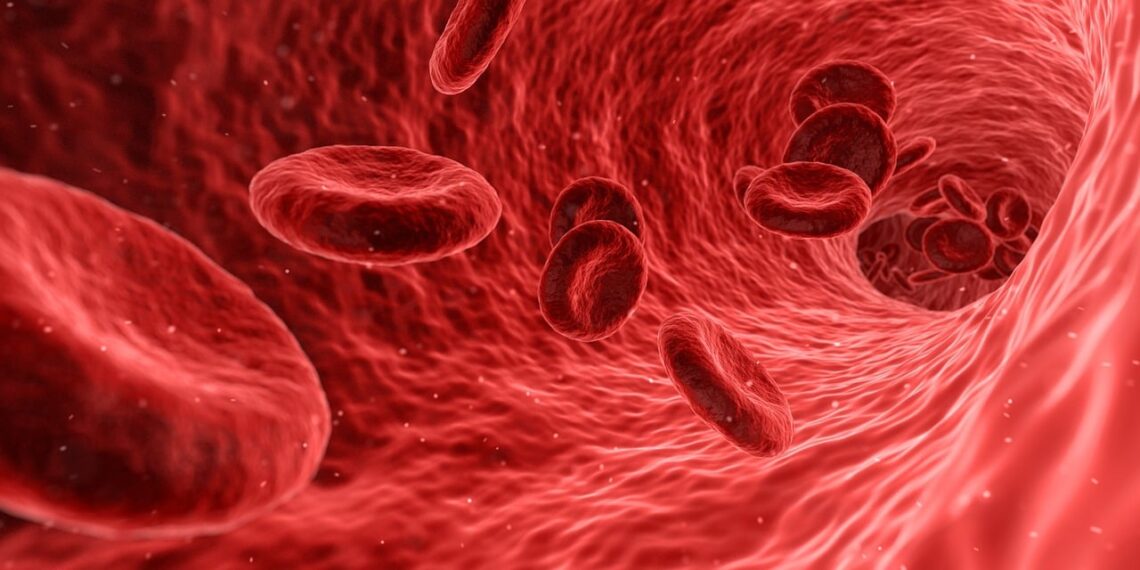
Intriguing Facts About the Circulatory System (The Best 23)
Facts About the Circulatory System
Embarking on a journey to uncover “interesting facts about the circulatory system” takes us deep into the heart of human physiology. This complex network, essential to life, operates with fascinating precision within the human body. Our exploration will delve into the intricate details and remarkable aspects of the circulatory system, offering insights that not only educate but also emphasize its crucial role in our daily lives.
Facts About the Circulatory System
The Heart: A Lifelong Powerhouse
The Human Heart: More Than Just a Muscle
At the core of the circulatory system is the human heart, a remarkable organ about the size of a fist. Contrary to popular belief, the heart is not just a muscle but a complex organ system. The heart pumps an astonishing amount of blood throughout the human body. An adult heart, for example, moves about 2,000 gallons of blood daily.
The Four Chambers: A Symphony of Coordination
Understanding the heart begins with its structure. The heart comprises four chambers: the left atrium, right atrium, left ventricle, and right ventricle. Each plays a distinct role in managing the flow of oxygen-rich blood and deoxygenated blood.
Facts About the Circulatory System
Journey of Blood: From Cells to System
Circulatory Pathways: Dual Systems at Work
The circulatory system is a network of blood vessels that traverses every part of your body. It includes two primary circuits: the systemic circulation, which transports oxygen-rich blood from the left side of your heart to the rest of the body, and the pulmonary circulation, which carries deoxygenated blood from the right side of your heart to the lungs.
The Vital Role of Red Blood Cells
Red blood cells are integral to the circulatory system. They transport oxygen to the cells of the body and return with carbon dioxide, a waste product. These cells originate from the bone marrow and have a lifespan that contributes significantly to the average lifetime of the human circulatory system.
Facts About the Circulatory System

The Impact of Lifestyle on Heart Health
Exercise and Diet: Keys to a Healthy Heart
Regular exercise and a healthy diet are crucial for maintaining a robust cardiovascular system. They help manage risk factors like high blood pressure and reduce the risk of heart disease. A woman’s heart, for example, benefits greatly from regular cardiovascular activity.
The Dangers of Neglect: Recognizing Symptoms
Chest pain, shortness of breath, and high blood pressure are warning signs of circulatory diseases. Addressing these symptoms early with the guidance of a healthcare provider can prevent severe heart problems.
Fascinating Facts About the Circulatory System
A Global Journey: Miles of Blood Vessels
Did you know that the network of blood vessels in the average adult human extends over 60,000 miles? This extensive system ensures that every part of your body receives the blood supply it needs.
Heart Rate Variability: A Measure of Wellness
The heart rate is a dynamic indicator of health. Factors like stress and physical activity can cause variations in the heart rate, providing valuable insights into the state of the cardiovascular system.
The Remarkable Capacity of the Human Heart
Heart’s Workload: An Impressive Feat
One of the most interesting facts about the circulatory system involves the workload of the human heart. In an average lifetime, the heart pumps approximately one million barrels of blood. This massive quantity showcases the heart’s incredible endurance and capacity, highlighting why maintaining heart health is crucial.
Left Ventricle: The Powerhouse Chamber
The left ventricle, a key player in the circulatory system, deserves special attention. This chamber pushes oxygen-rich blood into the systemic circulation, ensuring that every cell of the body receives the nutrients it needs. Its muscular walls symbolize the main function of your heart: to keep life-sustaining blood moving throughout your entire body.
Facts About the Circulatory System
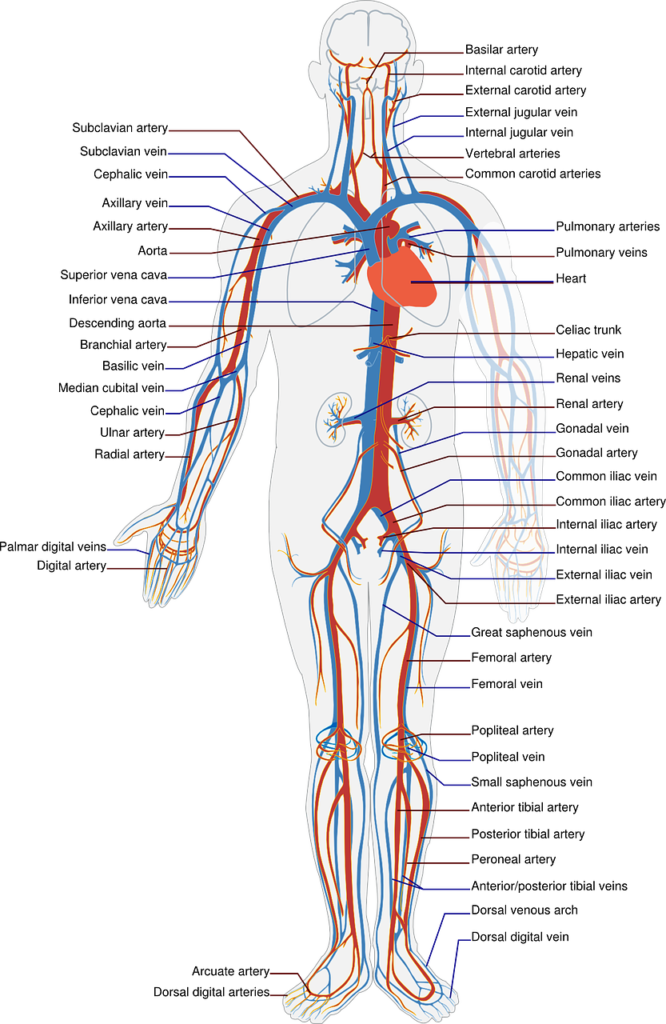
Blood Vessels: The Body’s Highways
Miles of Vessels: Circulatory Network
Another interesting fact about the circulatory system is the length of the human blood vessels. If stretched out, the network of blood vessels in an adult human would circle Earth more than twice. This extensive system is crucial for transporting oxygen, nutrients, and waste products to and from every part of the body.
Tiny Capillaries: Where the Magic Happens
At the micro level, the circulatory system’s tiny capillaries play a vital role. These small vessels are the sites of exchange between the blood and tissues. They allow for the transfer of oxygen, carbon dioxide, and other nutrients, making them essential for the functioning of the cells of the body.
The Heart’s Electrical System: A Spark of Life
Electrical Impulses: The Rhythm of Life
The heart’s electrical system is a marvel in itself. Electrical impulses originate in the right atrium, triggering the regular heartbeats that keep blood flowing. This system ensures that the heart muscle contracts in a coordinated manner, maintaining the rhythmic pumping essential for life.
Heart Rate Variations: Indicators of Health
Heart rate variability, influenced by factors like emotional stress and physical activity, is an interesting aspect of the circulatory system. This variability is a crucial indicator of cardiovascular health and can signal potential heart problems.
Blood: The Lifeline of the Body
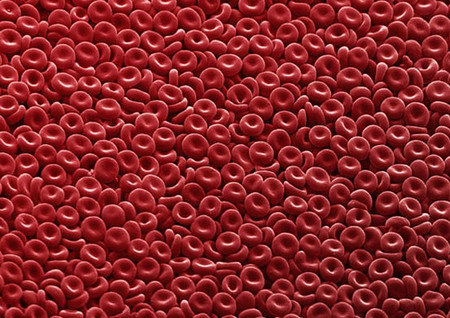
Red Blood Cells: Oxygen Transporters
Red blood cells are vital components of the circulatory system. Their main role is to transport oxygen from the lungs to the rest of the body and carry carbon dioxide back to the lungs for exhalation. The hemoglobin molecules in red blood cells give them their characteristic color and enable this crucial transport.
White Blood Cells: Defenders of Health
White blood cells, though fewer in number than red blood cells, play an essential role in the immune system. They help protect the body against infections and foreign invaders, showcasing another interesting fact about the circulatory system’s role in overall health.
Oxygen and Circulation: The Essence of Life
Systemic and Pulmonary Circulation: A Dual System
The human circulatory system operates through two main circuits: systemic and pulmonary circulation. Systemic circulation carries oxygen-rich blood from the left side of your heart to the rest of the body, while pulmonary circulation moves deoxygenated blood from the right side of your heart to the lungs for oxygenation.
The Role of the Lungs in Circulation
The lungs play a critical role in the circulatory system. They not only oxygenate the blood but also help regulate the balance of acids and bases in the body, further emphasizing the interconnectedness of our bodily systems.
The Circulatory System’s Influence on Overall Health
Blood Pressure: A Vital Indicator
“Interesting facts about the circulatory system” include the significance of blood pressure. High blood pressure, or hypertension, is a common issue that can lead to serious circulatory diseases. It’s crucial to maintain a healthy diet and regular exercise regimen to keep blood pressure in check, reducing the risk of heart disease.
The Impact of Exercise on Circulation
Regular exercise has a profound impact on the circulatory system. It improves blood flow, strengthens the heart muscle, and can even lead to an increase in the miles of blood vessels within the body. Exercise is the best way to maintain a healthy heart and circulatory system.
Heart Disease and Prevention
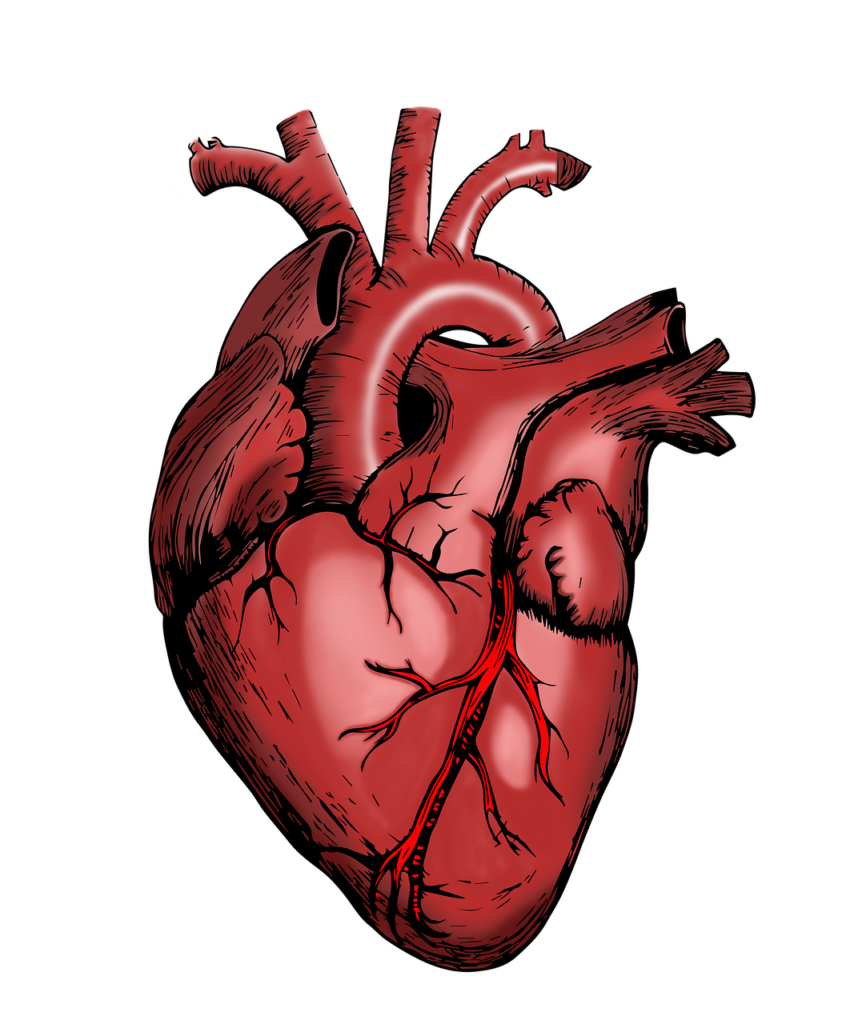
Understanding Risk Factors
Heart disease remains a leading cause of death worldwide. Risk factors include genetics, lifestyle choices, and conditions like high blood pressure and high cholesterol. Awareness and proactive management of these risk factors are key to preventing heart problems.
Prevention through Lifestyle Changes
A healthy lifestyle is the cornerstone of preventing circulatory diseases. A balanced diet, regular physical activity, and avoiding smoking can significantly lower the risk of heart disease. A healthcare provider can offer personalized advice on the best ways to protect your heart.
Facts About the Circulatory System
The Wonders of the Heart and Circulation
The Heart’s Adaptability
One of the most fascinating facts about the circulatory system is the heart’s ability to adapt. For instance, an athlete’s heart can become larger and more efficient due to regular, intense exercise. This adaptability illustrates the heart’s remarkable response to the body’s demands.
The Phenomenon of Broken Heart Syndrome
Interestingly, emotional stress can have a physical impact on the heart. Broken heart syndrome, also known as stress cardiomyopathy, occurs when severe emotional distress leads to heart muscle weakness, demonstrating the deep connection between emotional and physical health.
Facts About the Circulatory System
Circulatory System in Different Life Stages
Changes with Age
The circulatory system undergoes changes throughout the human lifespan. For instance, an elderly person’s blood vessels may become less elastic, affecting blood flow. Understanding these changes can help in managing health effectively as one ages.
Children’s Circulatory Health
Children’s circulatory systems are more resilient but can still be affected by lifestyle factors. Promoting a healthy lifestyle from a young age is crucial for long-term cardiovascular health.
Facts About the Circulatory System
The Future of Circulatory Health
Advances in Medical Technology
Innovations in medical technology continue to enhance our understanding and treatment of circulatory system diseases. From open-heart surgery to the development of advanced medications, the future holds promising advancements for heart health.
The Importance of Continuous Research
Continuous research into the circulatory system is vital. It helps improve treatments and prevention strategies, ensuring better heart health for future generations.
Facts About The Circulatory System: 5 FAQs
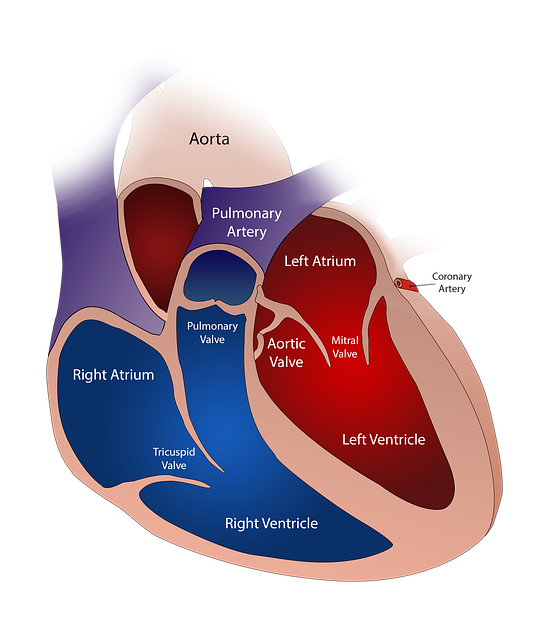
What is the main function of the circulatory system?
The primary function of the circulatory system is to transport oxygen, nutrients, and hormones to cells throughout the body and remove waste products like carbon dioxide and urea. It comprises the heart, blood vessels, and blood, and plays a crucial role in maintaining homeostasis.
How does the heart pump blood throughout the body?
The heart pumps blood through two distinct circuits: the pulmonary circuit and the systemic circuit. In the pulmonary circuit, blood travels from the heart to the lungs to get oxygenated. In the systemic circuit, this oxygen-rich blood is then circulated to the rest of the body. The heart’s chambers and valves work in coordination to ensure the proper flow of blood.
What is the difference between arteries, veins, and capillaries?
Arteries carry oxygen-rich blood away from the heart to the body’s tissues, except for the pulmonary artery which carries oxygen-poor blood to the lungs. Veins carry oxygen-depleted blood back to the heart. Capillaries are tiny blood vessels where the exchange of oxygen, nutrients, and waste products occurs between blood and tissues.
What role do red blood cells play in the circulatory system?
Red blood cells, or erythrocytes, are essential for transporting oxygen from the lungs to the body’s tissues and returning carbon dioxide from the tissues back to the lungs. They contain hemoglobin, a protein that binds oxygen and carbon dioxide, facilitating this exchange.
How does the circulatory system interact with other systems in the body?
The circulatory system interacts extensively with other body systems. For example, it works with the respiratory system to exchange gases in the lungs and tissues, with the digestive system to absorb nutrients, and with the excretory system to remove wastes. It also plays a key role in the immune system by transporting white blood cells and other defense mechanisms throughout the body.
Facts About the Circulatory System Conclusion
Exploring “interesting facts about the circulatory system” reveals the complexity and wonder of this vital organ system. By understanding how it works and what it needs, we can better care for our hearts and enjoy healthier, fuller lives. Remember, taking care of your circulatory system is one of the best investments you can make in your long-term health and well-being.




